Pakistani Youth in Relation to CPEC and Their Future as Entrepreneurs
DOI:
https://doi.org/10.34069/AI/2020.35.11.4Keywords:
CPEC, Youth, Entrepreneurship, Government Initiative & Prosper Country.Abstract
The objective of the study is to reveal whether the Pakistani youth accepts CPEC as their future and have shown positivity to become an entrepreneur. Our study reveals that; the youth in Pakistan feels that it is a need of time for their country and to take this opportunity as positive indicator towards their country prosperity and economic revival in no times. The research is focused on the samples based upon the youth of Lahore specifically the university students who directly have impact over being the entrepreneurs of Pakistan We use frequency analysis for our resultants, that helps us to interpret the data at a glance initially for the subject problem identified. It also helps us to evaluate and highlight the factors involved with the composition of its involvement as variable.
Downloads
References
Akram, M. (2015, 26 April) The cup and the lip. The Dawn. Retrieved from the website https://www.dawn.com/news/1178215
Asia Dialogue. (2017). How will CPEC boost Pakistani economy? Retrieved from the website https://theasiadialogue.com/wp-content/uploads/2017/04/pak-china-eco-corridor-deloittepk-noexp.pdf
Bhutta, Z. (2015, October 5) Ties with Central Asia: Poised to gain wider influence. The Express Tribune. Retrieved from the website https://tribune.com.pk/story/967191/ties-with-central-asia-poised-to-gain-wider-influence
Business Recorder. (07 Sep. 2016). CPEC-formidable challenge, (2016). Retrieved from https://www.brecorder.com/news/4433678.
China South Asia Business Forum (2016). The 11th China-South Asia Business Forum. Retrieved from http://en.csabf.com/?p=24
Daily Dawn. (Sept 18, 2017). News Report, “Breakthrough in Sino-Pak FTA talks,” Retrieved from https://www.dawn.com/news/1357937/ breakthrough-in-sino-pak-fta-talks. (accessed on Sept 18, 2017)
Dawn. (2014). Karachi to Lahore Motorway Project Approved". The Dawn Media Group. Retrieved 5 September 2014. https://www.dawn.com/news/1116948
Falak, J. (2014). CPEC: Internal Significance and Challenges. Stratagem https://stratagem.pk/strategic-pulse/cpec-internal-signfigance-and-challenges/
HKTDC. (2018). The Belt and Road Initiative. Retrieved from website: http://china-trade-research.hktdc.com/business-news/article/The-Belt-and-Road-Initiative/The-Belt-and-Road-Initiative/obor/en/1/1X000000/1X0A36B7.htm
Hussain, I. (2017). CPES and Pakistani Economy and Appraisal. Retrieved from the website: http://www.cpec.gov.pk/brain/public/uploads/documents/CPEC-and-Pakistani-Economy_An-Appraisal.pdf
Jaspal, Z. N. (2016). “CPEC: Opportunities” Pakistan Observer. October 27. 2016. http://pakobserver.net/
Keqiang, L. (2013). What is the China-Pakistan Economic Corridor? http://www.cpecinfo.com/10-questions-on-cpec (accessed on April 2, 2017)
Memoona et al. (2014). The growing economic ties between Pakistan and china and its impact on the economy of Pakistan, Impact International journal of research in humanities, arts and literature, Vol. 2, Issue 12, Page 49-54, December 2014
Orakzai, H.S (2020). Youth can benefit from the CPEC. Retrieved from the website: https://www.thenews.com.pk/print/603236-youth-can-benefit-from-cpec
Shah, S. (9 April 2015). "China to Build Pipeline from Iran to Pakistan". The Wall Street Journal. Retrieved 6 December 2015
Wang, Ting. (2015). China gets 40 years rights at Pakistani ports. The Jakarta Post, Beijing. Retrieved from website: https://www.thejakartapost.com/news/2015/04/15/china-gets-40-year-rights-pakistani-port.html
Whiting, S.H (2001). Power and Wealth in Rural China: The Political Economy of Institutional Change. Cambridge and New York: Cambridge University Press.
Xi, J. (2017). President Xi's Speech At Opening Of Belt And Road Forum, May 14, 2017. US-China Institute. Retrieved from the website: https://china.usc.edu/president-xis-speech-opening-belt-and-road-forum-may-14-2017
Yasheng, H. (1996). Central-local relations in china during the reform era: The economic and institutional dimensions. World Development Vol.24, issue 4, pgs., 655-672. https://doi.org/10.1016/0305-750X(95)00160-E
Zhen, S. (11 November 2015). "Chinese firm takes control of Gwadar Port free-trade zone in Pakistan". South China Morning Post. Retrieved 11 December 2015.




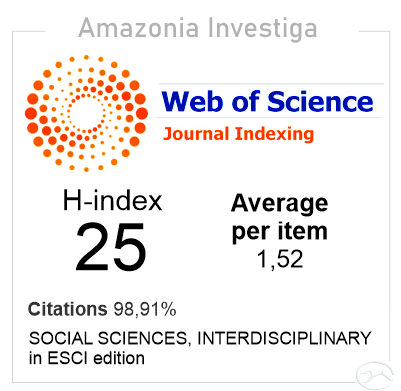



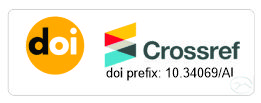



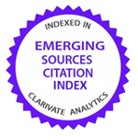
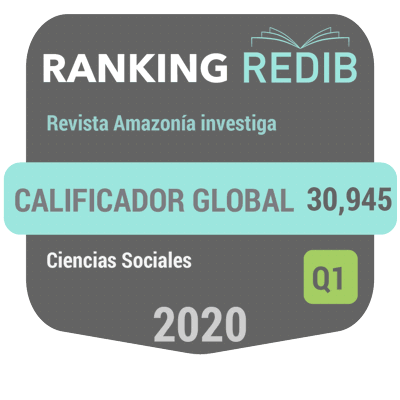

































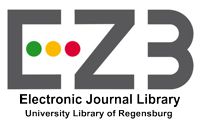

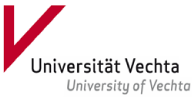



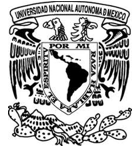











.gif)






